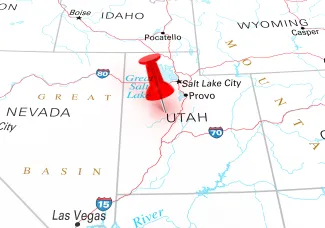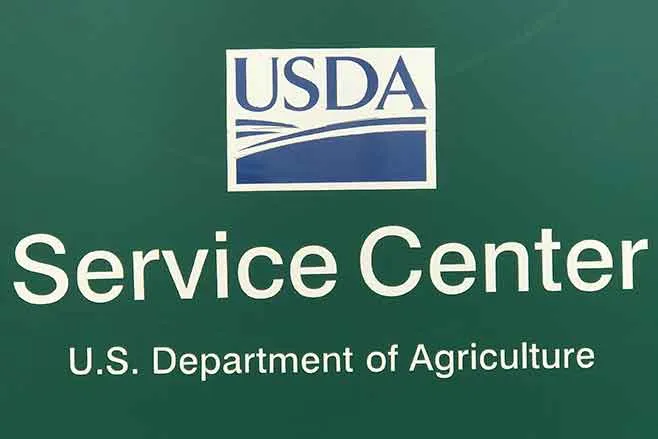
Utah bill wants more labeling transparency for cultivated meat products
Click play to listen to this article.
A Utah legislator has introduced a bill to increase transparency for consumers in the Beehive State when purchasing cultivated meat products.
Cultivated meats are genuine animal meat, but are produced by cultivating animal cells in a controlled environment.
But since the beginning of the year, two U.S. states have proposed cultivated meat bans as policymakers have expressed concerns about the impacts cultivated meat could have on livestock producers.

For state Representative Neil Walter - R-St. George - HB 138 is all about ensuring Utahns are aware and have a choice.
His bill would enact a state provision that requires cultivated meat products to be labeled as such.
"This bill, by requiring meat to be labeled if it is cultivated, plant-, or insect-based meat substitutes, just makes sure consumers have a choice," said Walter. "It doesn't restrict manufacturers and it doesn't restrict the market."
Walter said the potential state provision would be complementary to regulations imposed by the United States Department of Agriculture.
In 2019 the department created a formal agreement to help ensure foods containing cultured animal cells entering the market were both safe and properly labeled.
The agency has remained open to labeling considerations. HB 138 is heading to the state Senate with bipartisan support from the House.
Walter called his bill straightforward. He added that within a consumer protection and disclosure context, one of the legal definitions that needed to be updated in the state was surrounding cultivated meat.
"We needed to be specific about what that was, and so this bill allowed for that definition," said Walter. "This isn't a complicated bill - it is pretty straightforward. It defines meat substitutes and it just says if you're selling a meat substitute, you can't tell the public it is something different than what it is."
And while some meat producers are concerned about the impact cultured meats could have on conventional meat and seafood industries, moving forward alternative forms of proteins could help mitigate things like deforestation, habitat loss, antibiotic resistance, as well as zoonotic diseases.
Walter said the bill would make sure the state is ready for developments down the line.
"This isn't anything new. It's something that in a lot of contexts we've been doing for a long time. We just have some alternatives that are different than maybe the alternatives we've had in the past. "















